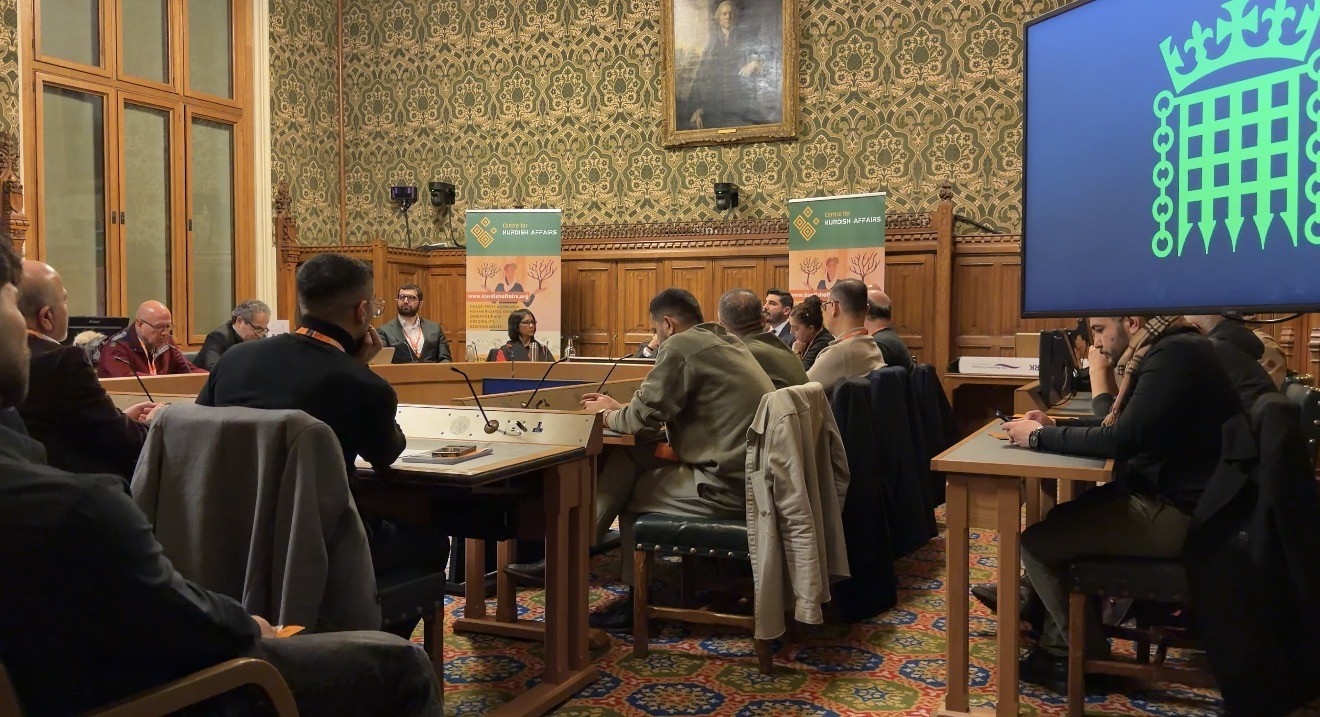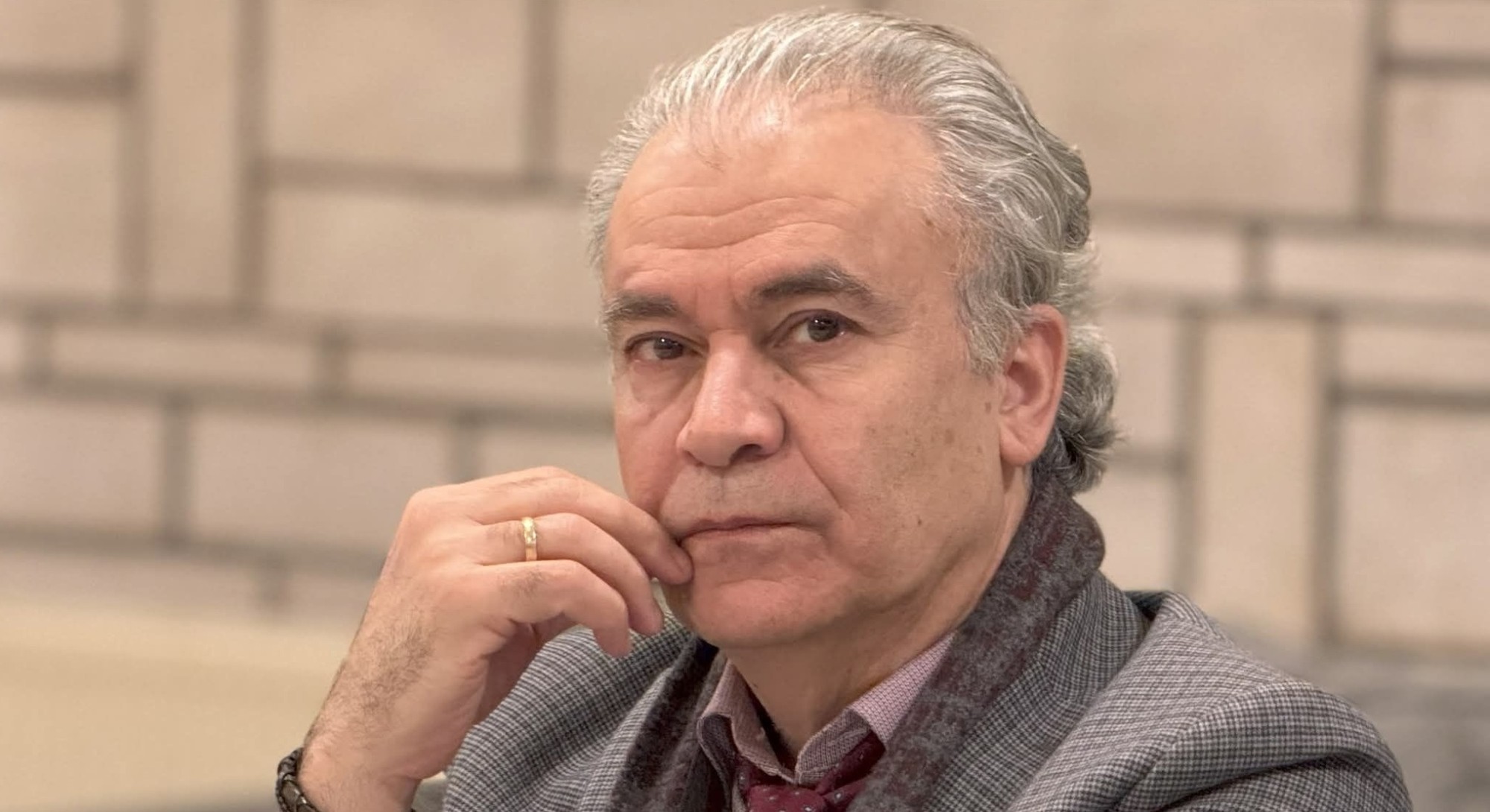On September 5, Kurdistan Regional Government (KRG) Prime Minister Masrour Barzani participated in the “First Syriac Symposium in the Homeland” organized by the KRG Ministry of Culture’s General Directorate of Syriac Culture and Arts in Erbil.
“Throughout history, Kurdistan has been a haven for diverse nationalities and religions, with various ancient civilizations, such as the Medes, Sumerians, Akkadians, Chaldeans, Assyrians, and Syriacs, flourishing on its soil,” Prime Minister Barzani said.
The Assyrian heritage is an integral part of Kurdistan's history.
— Masrour Barzani (@masrourbarzani) September 5, 2024
It has been woven into our social, political and cultural life for generations. pic.twitter.com/dfOLcJztd1
“I have previously emphasized that in our region, it has been common for mosques, churches, and synagogues to coexist within the same village, and the followers of these different religions and cultures have lived together, accepting each other’s differences. This spirit of coexistence continues to be a defining characteristic of Kurdistan.”
“After the 1991 uprising, the establishment of the KRG, and the formation of the Kurdistan Region Parliament, the diverse communities of Kurdistan have played an active role in the political, cultural, and social life of the region,” he added.
Moreover, he said the KRG is committed to preserving and promoting this culture of coexistence. “This is one of the distinguishing features of the Kurdistan Region and a source of pride for us. We have always upheld and protected this beautiful culture against all forms of extremism and division.”
He also underlined that after the October 20 parliamentary elections, the KRG will continue to defend the rights and representation of Kurdistan’s communities.
“I hope that together we can work to further develop and strengthen the spirit and life of coexistence, foster peace and tolerance, and uphold the principles of democracy, mutual acceptance, and respect for the noble values that contribute to the advancement of our nation and the preservation of the constitutional framework of the Kurdistan Region,” he said.
“As always, we will give importance to the Syriac language and culture, as well as to the language, culture, and heritage of all the diverse communities of Kurdistan,” he concluded.

